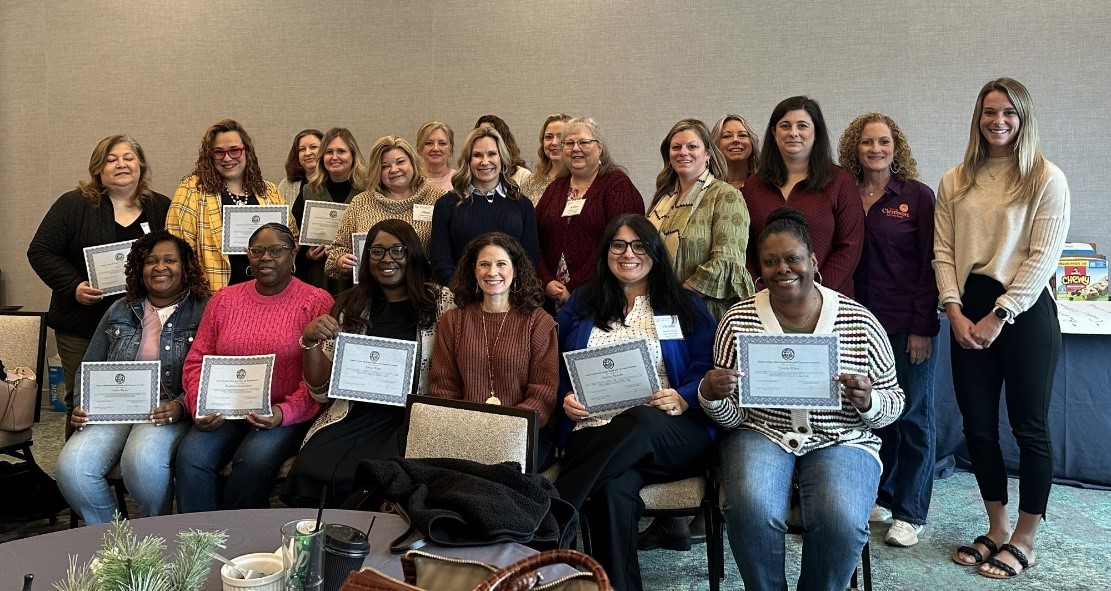There is only one municipal staff role that South Carolina law requires of every city and town, no matter their size or form of government: the municipal clerk.
Every year in May, Professional Municipal Clerks Week, as declared by the International Institute of Municipal Clerks, highlights the critical role that municipal clerks play in their cities and towns. In 2025, the 56th annual observance is coming on May 4 – 10. The Municipal Association has a model resolution that city and town councils can adopt to honor their clerks.
Municipal clerks have many duties. They prepare agendas for council meetings, distribute those agendas, and compile meeting minutes as well. They also maintain the records of a city’s enacted ordinances and the city council’s resolutions, as well as the records of appointed commissions and committees.
In municipal government, staff members are often called upon to fill multiple roles, and municipal clerks are no exception. In addition to the roles defined in state law, many clerks also serve in financial and administrative roles. A combined municipal clerk and finance officer role, often known as a clerk/treasurer, is common in small and midsize cities. In larger cities, a standalone municipal clerk position usually exists. While the statutory duties of a clerk are limited in scope, municipal clerks play a critical and varied role in supporting the mayor, city council, managers and administrators.
“I’ve never met a municipal clerk that could quickly answer the question, ‘what do you do?” said Paula Payton, who serves in the clerk role for the Town of West Pelzer.
“The question requires much thought, because what we do changes daily, sometimes hourly. Municipal clerks are the backbone of their municipality — always helping to navigate procedures, deadlines, and legal requirements. We must adapt, multitask, and maintain professionalism under pressure. This is what makes our role invaluable to each of our respective municipalities.”
In the Town of Chapin, Shannon Bowers is the municipal clerk.
In that position, she said, “I am often looked for to problem solve, often troubleshooting technical issues and navigating procedures to keep things moving when issues come up. Attention to detail, strong communication skills, and dedication to public service are just a few values of a municipal clerk, and I have been honored to serve in that capacity for the last five years.”
The SC Municipal Finance Officers, Clerks and Treasurers Association regularly offers training programs covering the wide range of responsibilities of finance officers, clerks and treasurers, and it is a cosponsor of the Municipal Clerks and Treasurers Institute. MCTI is a three-year program that counts toward the International Institute of Municipal Clerks’ Certified Municipal Clerks designation.

The MCTI curriculum covers numerous areas:
- The forms of municipal government in South Carolina, as well as municipal powers and duties
- The role of the municipal clerk
- Financial management
- Records management
- Public administration, including planning, budgeting and staffing
- Election administration
- Conducting meetings
- Personal development
- Municipal law
The next MCTI session, Year 1, Session A, will take place September 17 – 19 in Columbia. The SC Municipal Finance Officers, Clerks and Treasurers Association, meanwhile, will host its Joint Academy, in partnership with the SC Business Licensing Officials Association, October 7 – 10 in Myrtle Beach.
